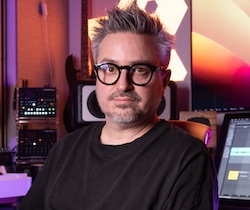In this article we are going to have a look at the role of compression in the process of mastering. We will do so from the perspective of well-known and experienced mastering engineer Robert Babicz, and will discover why and how he uses it. In order to learn more about this and other aspects on mastering, we invite you to have a look at our complete masterclass by Robert Babicz.
Mastering compression. Is it needed?
Lots of tutorials will tell you that compression is an important step when mastering your tracks. But this is what happens a lot of times: you already worked on the tightness of your sound while mixing so you get to the mastering process wondering what else needs to be compressed. And sometimes you end up applying compression thinking it will improve your track but you do not hear any improvement on it with your ears.
The thing is, it is not essential to use compression while mastering. It makes no sense to apply processing for not reason, and sometimes, it can even destroy the sound you have already achieved. We are not saying this, but a professional with a long career as a mastering engineer is telling you:
Therefore, is Robert Babicz using compression when mastering? Yes, he is, but not to compress the signal. Robert Babicz says he uses compression to “increase the transients”. So, what does that mean?
Mastering as a “finishing touches process”
For Babiczs, the mixing process is more important than the mastering stage because that’s the point where all important decisions are made. Therefore, he is not going to wait for the mastering process in order to apply compression in a surgical way. It could be very ineffective if it is applied to the whole rendered track, even if you are using a multiband compressor to do so.
Technically he is using the compressors, but the attack ratios used are so slow that the device is not compressing the signal. Instead, it is increasing the dynamic range of the signal. This gives more presence to the transients, and so increases the contrast of the elements in a track, so it sounds more natural when going through a tape machine, whether it is hardware or a plug-in.
So there we have it. Babicz uses compression because of the character it gives to the sound. Sometimes he uses a compressor just to work on the high-end range of the track, and another one for the mids or the low-end, normally with very subtle quantities. He relies on his ears and on the results he can hear when he applies one compression or another.
Using different compressors
As we just mentioned, Babicz uses different compressors in his mastering chain. He knows their features so he is able to shape the sound carefully by adding small amounts of each, or sometimes just leaving the signal through them so it catches their tonal character. Have a look at some compressors he uses:

Buzzaudio DBC-20 (Stereo compressor)

UNICOMP by Alta Moda (FET compressor)

VARIS by Hand Crafted Labs (VARI-MU tube compressor)
The DBC-20 by Buzzaudio is inspired on the compressors from the 60s, and gives a very nice character to the sound, making tight, colourful and rich with harmonics. Unicomp by Alta Moda is a FET compressor with a lot of personality. FET (field effect transistor) compressors are designed to preserve more transients and therefore to add more punch in comparison to other compressors. VARIS by Hand Crafted Labs, on the other hand, is an all tube Vari-MU compressor, which gives a perfect smooth valvey character to the sound.
Each compressor works differently. You cannot depend on the numbers and adjustments that worked with one of your compressors in order to apply them to another one, or apply the same chain settings to all tracks. Again, your ear will guide you find the sound that the track is suggesting you.
You can apply this very same principle to mastering compression plugins. They are digital, but they emulate the analog hardware, so you must be careful with them too. Give a try to the free but very professional colouring compression plugin Rough Rider3 by Audio Damage, or to other amazing ones such as the emulation of the Manley Vari-Mu by UAD and the Ozone Vintage compressor by Izotope.

Rough Rider3 by Audio Damage
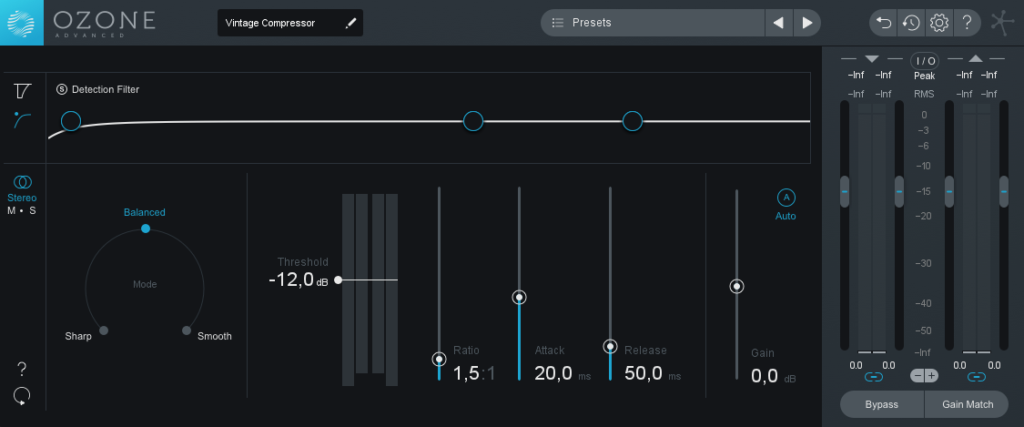
Ozone Vintage compressor by Izotope
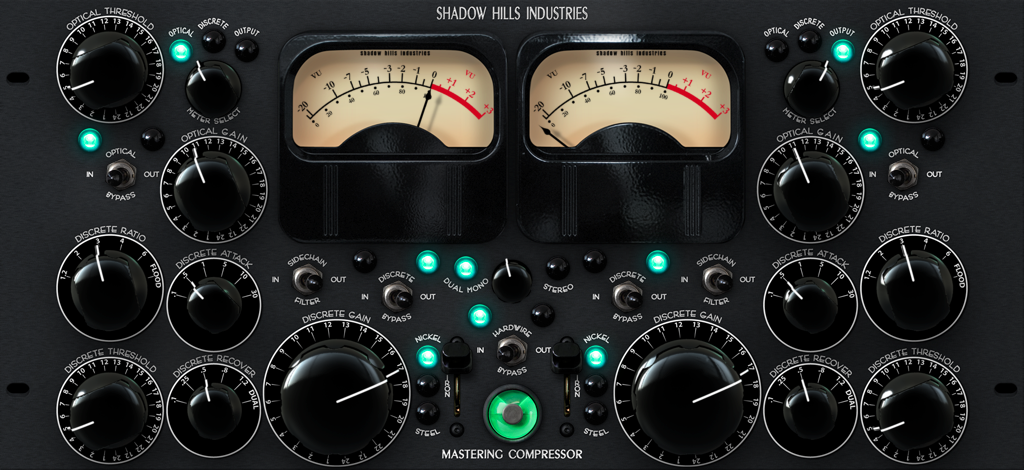
Shadow Hills Industries Mastering Compressor by UAD
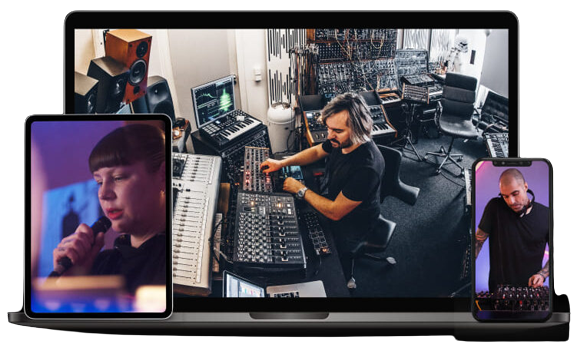
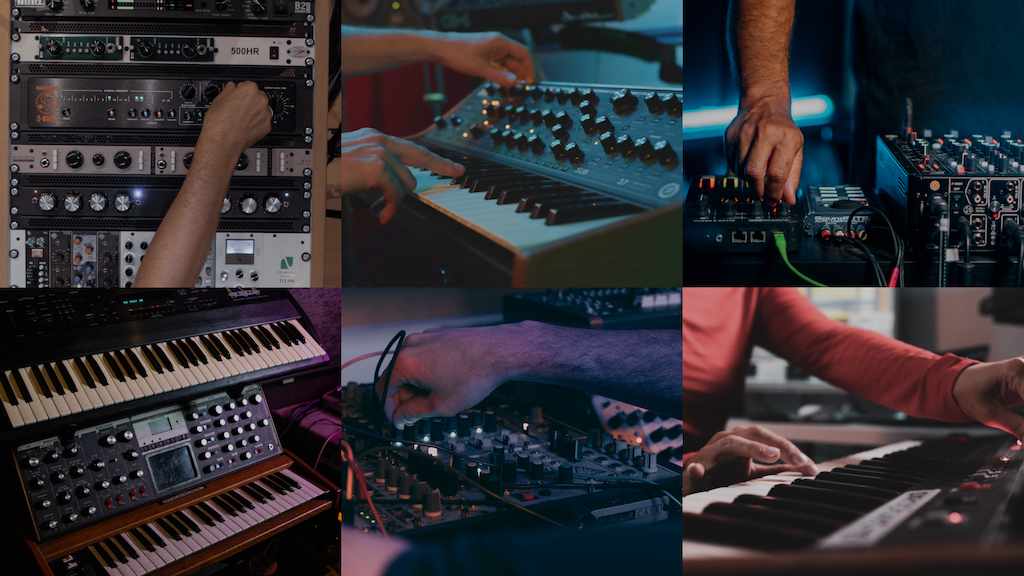
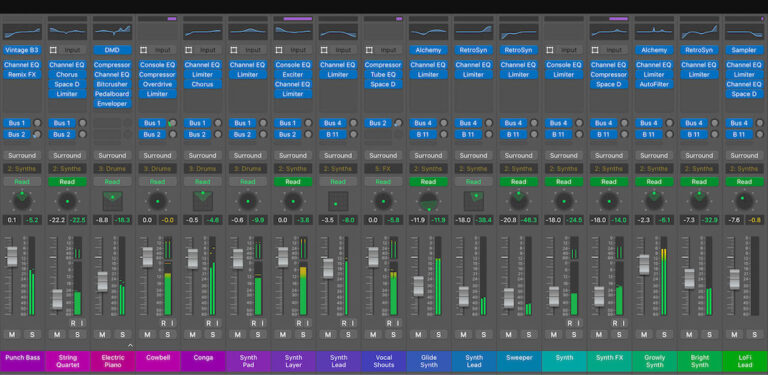
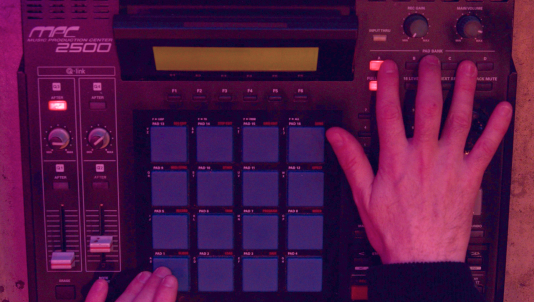

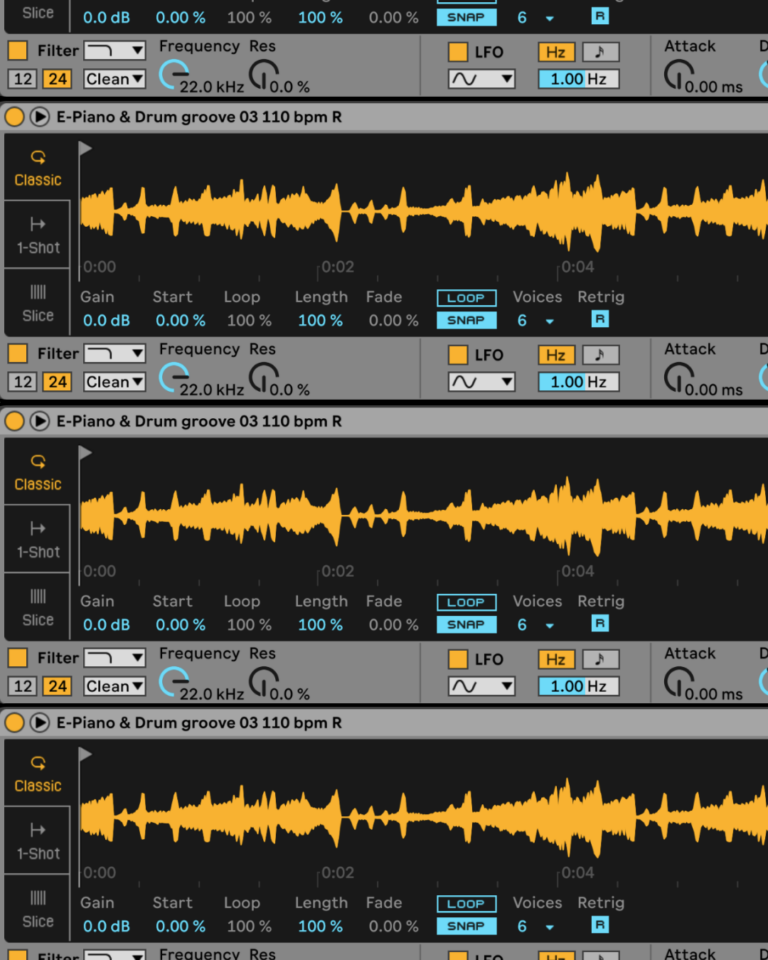
 50 Industry Music Production Tips You Must Know
50 Industry Music Production Tips You Must Know



